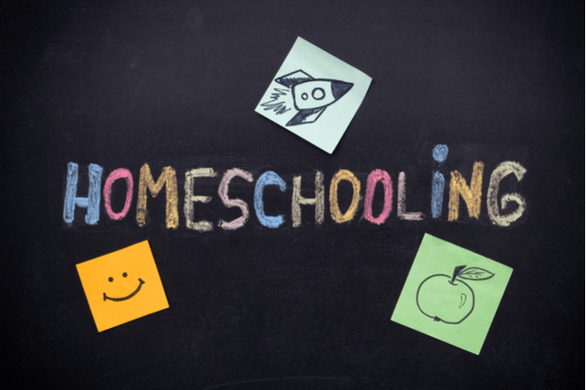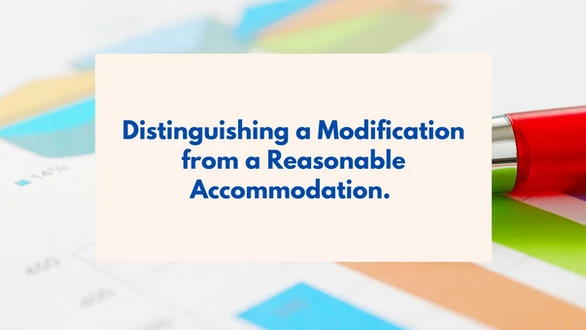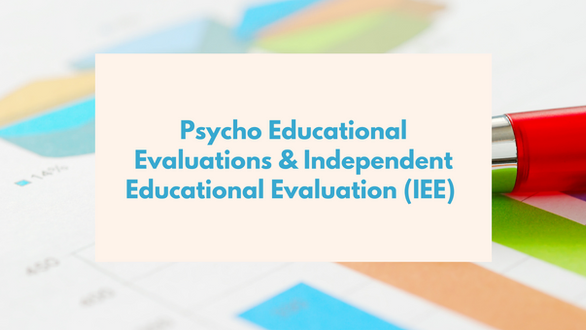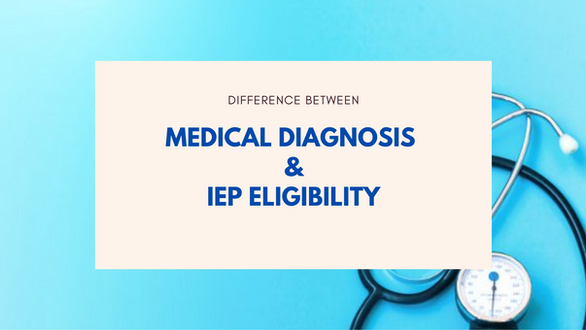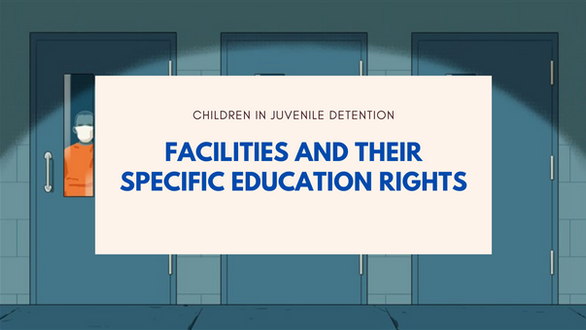INTRODUCTION
You’ve probably heard of kids who are homeschooled. But have you wondered how homeschooling works and if it’s right for your child?
Experts estimate that as many as 2.3 million kids ages 5 to 17 are homeschooled in the United States. They receive some or all of their education outside of private or public school.
The reasons parents choose to homeschool vary. Some do so for religious reasons. Others want a certain education for their child. And many choose homeschooling because their kids struggle in traditional school settings.
If you’re thinking about homeschooling your child, here’s what you need to know.
Home School Programs and Special Education Services
When it comes to IEPs and homeschooled children, the waters are extremely muddy.
The 2004 Individuals with Disabilities Education Act (IDEA) requires public schools to provide every disabled student a free appropriate public education, also known as FAPE. This means that children with disabilities have the right to receive educational services appropriate to their needs at public expense. Parents who choose to homeschool are waving this right for their children, but may still be eligible for services through their local public schools.
IDEA requires public schools to identify, locate, and evaluate children with disabilities, whether or not they attend public school. This means that public schools are universally required to offer free evaluations to homeschooled students suspected of having disabilities. Additionally, should a student be determined to have disabilities that hinder the student’s performance, the public school must convene an IEP team, made up of the student’s parents or guardians and assorted teachers and professionals, to develop an Individualized Education Program (IEP).
While homeschooled children with disabilities have a right to both evaluation and an IEP, these services are not mandatory and parental consent is required. While an IEP developed at a public school can be of use to a homeschooled student—note that the IEP team cannot order a homeschooled child into public school and must take into account the parent’s decision to homeschool the child when developing the IEP—its usefulness depends largely upon what services the student needs and what services, if any, the school makes available to homeschooled students.
Parents, who are homeschooling a child who has been diagnosed with disabilities, or whom they suspect may be disabled, would benefit from an awareness of what disability services their children may be eligible to obtain through their local public schools. In addition to a familiarity with both federal and state law on the subject, they may need to contact their local school districts.
School Districts Responsibilities For Services
If you decide to homeschool your child, you may wonder if your child can get special education services from your local school. The answer depends on the state and school district where you live.
Under federal law, all states (and local school districts) are required to find and evaluate homeschooled kids who may need special education. However, they can choose whether to require kids to attend public school to receive those services.
A few states offer traditional IEPs to homeschooled kids. An IEP entitles your child to services, just like in a public school.
Other states treat homeschooled kids the same as kids in private school. In these states, local school districts will typically offer a service plan, which is like an IEP but provides less. Under a service plan, your child might attend public school twice a week for special instruction in reading or math. But services like occupational therapy might not be available.
Finally, some state laws don’t require school districts to provide special education to homeschooled kids at all. In these states, if parents want services they have to enroll kids in public school. Some states let individual school districts decide whether to provide services to homeschoolers.
The Goals of an IEP
In a public school setting, IEPs provide accommodations, supports, therapeutic services, and transportation for children who qualify. The goal of an IEP is to address the individual needs of the student, to ensure they can receive a quality, free public education in the least restrictive environment possible. What a child’s IEP includes varies, depending on the severity of the child’s disability. Various testing and evaluations are performed at the school’s expense to determine what each child needs in terms of individualized plans.
Accommodations can be simple classroom, testing or schedule modifications. For example, a child on the autism spectrum with sensory issues may have an accommodation allowing them to leave class five minutes early to avoid crowds in the hallways. Services in an IEP might include speech, occupational or physical therapy, or fittings for and use of adaptive technologies so the child can participate and gain the most benefit from mainstream classroom time.
Specifications for Homeschoolers
Homeschooling, by its very nature, is an individualized educational program designed to meet the needs of a specific child or family. Parents can make any accommodations necessary to help their child learn. From customized educational schedules to curriculum and testing, from progress expectations to assignment parameters, parents build an educational environment based on their child. It is for this reason that few states place much emphasis on providing IEP services to homeschooled children. For a few parents, however, the question of what to do if their child truly needs additional services and testing can be difficult.
IEPs versus SEPs
While IEPs are used in traditional school settings, in a homeschooled environment, parents are usually more familiar with Specialized Educational Programs (SEPs.) Such programs are offered by a variety of homeschool organizations, such as the Home School Legal Defense Association and other large homeschool support groups. However, these programs are not compulsory, nor does state or federal law require these programs.
SEPs seek to fill a need not otherwise addressed for homeschoolers. In some cases, these programs help parents secure funding for adaptive equipment, testing, and educational consultants. In other cases, these programs help parents find resources for their child in the private sector. Not all homeschool organizations offer SEP services.
CONCLUSION
Parents who wish to homeschool a special needs child have the right to do so under the protection of the First and Fourteenth Amendments of the Constitution. This includes parents who presently have their child in an Individual Educational Plan (IEP) set up by their public school’s special education department.
Parents may feel intimidated by school officials and teachers and are often led to believe that they have fewer constitutional rights to homeschool a special needs child than any other child.
Even though the Constitution protects the right of parents to homeschool, most state legislatures have passed statutes regarding homeschooling. These laws typically come under the compulsory school attendance statutes for the state, and may contain stricter provisions for families homeschooling special needs children.

